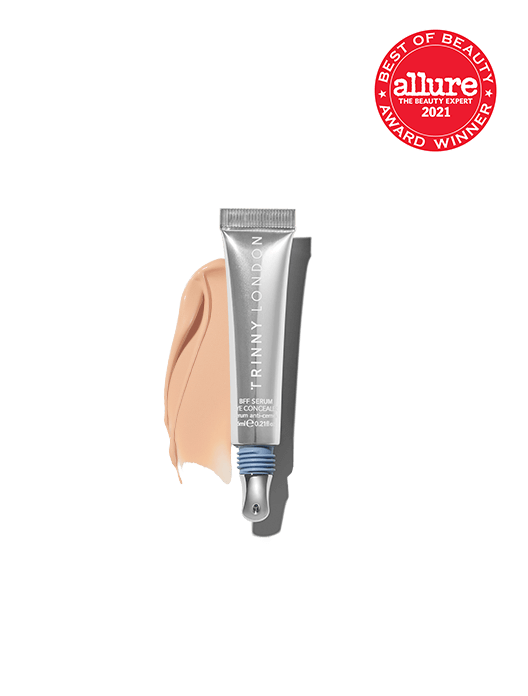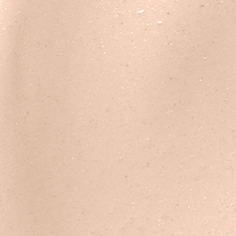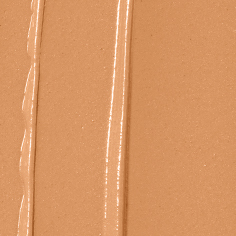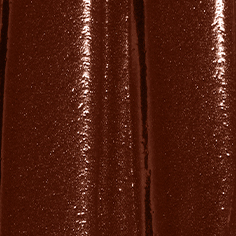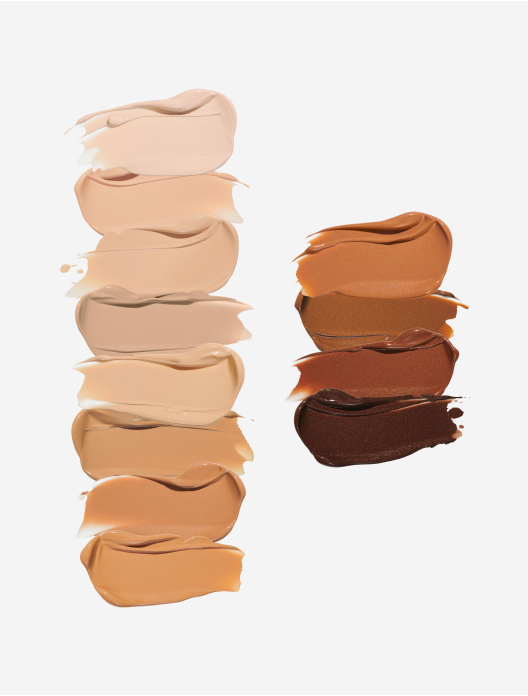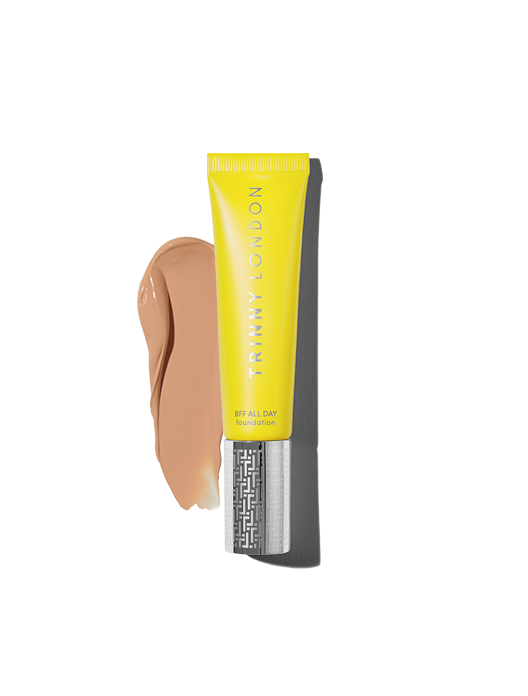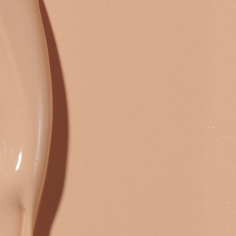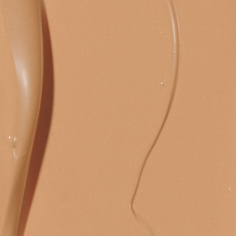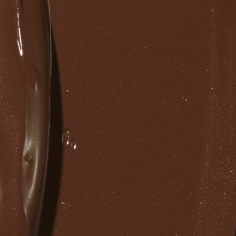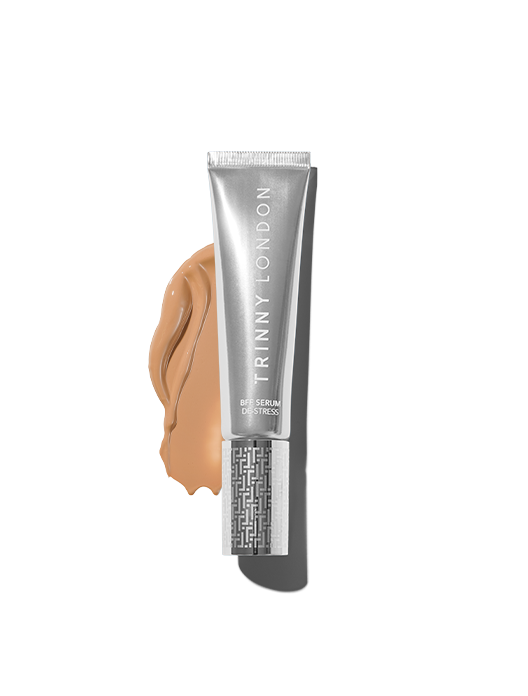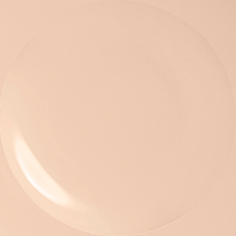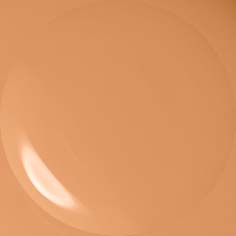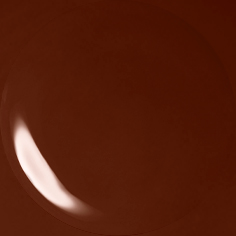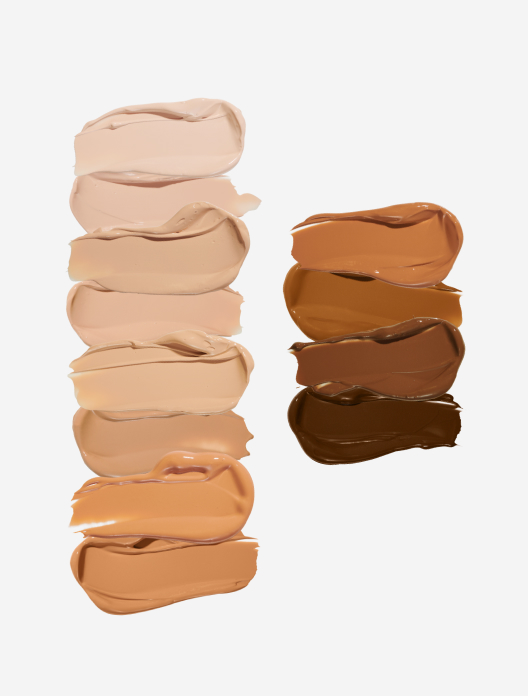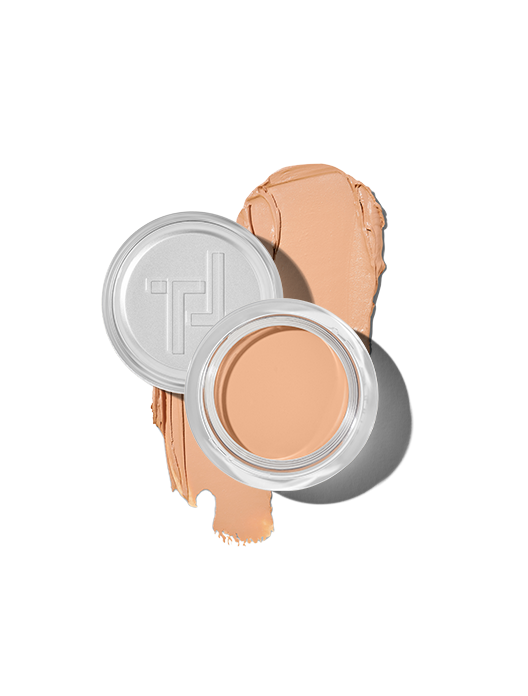
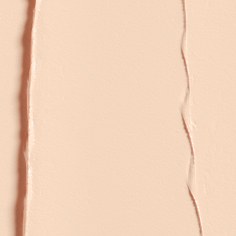
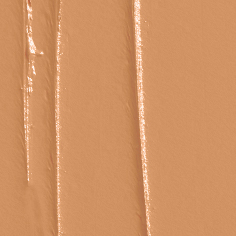
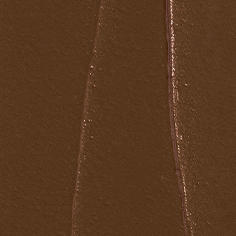
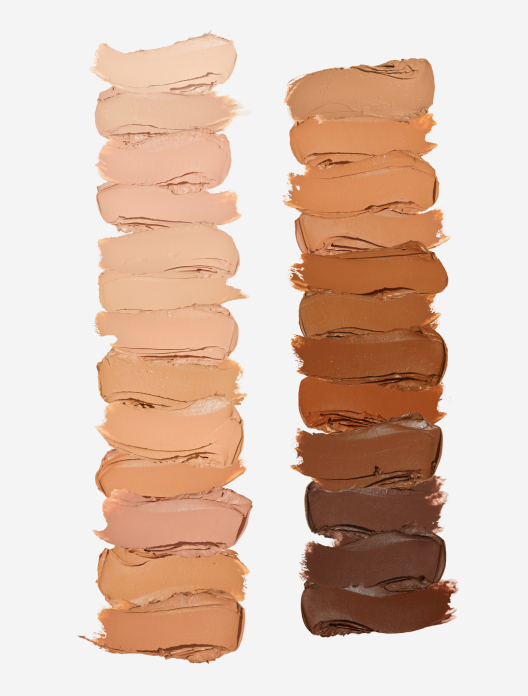
Choose 3 free samples with every order

Tired of dark circles? Peeved by pigmentation? At breaking point with breakouts? Consider your concealer the magic wand of your makeup bag, giving you the power to instantly blur any manner of complexion bugbears.
Concealer, as the name infers, earns its keep in your makeup bag by camouflaging and blurring imperfections. Unlike your tinted serum or foundation, its approach is more specialist than multitasking, allowing you to apply tailored, targeted coverage to areas in need of a little more attention. Concealer can be used to cover things like dark circles, spots and hyperpigmentation.
To use a fashion analogy: think of concealer as shapewear or fantastically fitting underwear – smoothing and glossing over anything you feel less than confident about. With these bugbears under wraps, you can focus on the parts of your makeup that bring you joy, whether that’s a shimmering champagne eye look or a bold red lip. Concealer does the heavy lifting for your foundation too, and may mean you feel comfortable enough to trade a previously full coverage base for something lighter and fresher.
The best concealer for you will depend on the type of imperfection you’re hoping to camouflage. For example, to avoid creasing or caking (as well as preventing contributing to puffiness) lightweight concealer is best for dark under-eye circles. In contrast, an angry spot will require a denser, more pigment-packed formula to dilute redness. It’s a little bit like the denier of tights, with low numbers providing the sheerest finish, and higher numbers providing the most opaque finish. Concealer can also be used to prime areas in order to create a clear canvas before applying things like eyeshadow or lip colour.
Where you apply concealer will ultimately depend on how your skin is looking and feeling on a particular day. For example, if you’ve woken up feeling bright-eyed and bushy-tailed and been greeted with fresh, clear skin in the mirror, you might want to forgo concealer altogether. On the flip side, you might have slept badly or been under a lot of stress, in which case you’ll want to apply concealer beneath the eyes to disguise dark rings. Breakouts often appear and retreat in line with hormone pits and peaks, so you may find you’re reaching for your concealer more at particular times of the month.
The best way to apply your concealer will depend on what you’re aiming to cover.
Blurring tired rings beneath the eyes will make your complexion look fresher and brighter.
Decide whether you want to apply your concealer or foundation first. If it’s foundation, apply a light layer and don’t worry too much about the eye area.
Place three dots of lightweight concealer beneath the eyes, following the curve of the shadows or circles.
Working from the inner corner outwards, use your ring finger to pat and blend the product into the skin. Remember that the skin here is delicate, so take care not to rub a tug at it. Alternatively, you could use a small fluffy brush to blend.
Spots can span whiteheads to angry, crimson-toned pustules, but the advice on how to cover spots with concealer remains the same.
Start by applying a layer of serum foundation. This alone won’t be enough to completely conceal the spot, but will start to dial down the redness. If your skin is very oily, you might find it better to use a brush to carefully place the product onto the area, as opposed to applying it with your fingers.
Warm a pigment-packed concealer onto your fingertips and carefully pat onto the spot. Then, with a brush, work around, not on the spot, buffing and evening. This will help to soften the edges so it doesn’t look obvious.
If you need to touch up your concealer throughout the day, simply repeat the process. Be conscious that bacteria from breakouts can transfer onto brushes and our fingers, and therefore back into the product, so be sure to wash your hands, and brushes, regularly.
Hyperpigmentation covers things like sun spots, and dark marks left behind by breakouts and melasma.
Prep your skin with a layer of your chosen coverage. Trinny London BFF De-Stress is brilliant for a soft-focus glow.
Apply concealer in thin, light layers. Most people tend to be heavy-handed when applying with fingers, so you may want to use a brush. Continue to build up the layers until you have reached your desired level of coverage.
“A pro tip would be to use a product like Trinny London Lip2Cheek to colour correct the area before going in with your concealer,” says Katie Levy, Pro Makeup Artist at Trinny London. “The more olive or darker your skin, the more you’re going to want a peachy pigment. If you’re fair, you’ll need something more pink to knock out the brown of the pigmentation.”
Concealer differs from foundation in that it is there to provide targeted coverage to specific areas. Foundation, on the other hand, is designed to even skin tone and deliver an all-over tint. If it’s an under-eye concealer, it will have been specifically formulated to dilute dark circles and lighten and brighten the area. The skin here is thinner and drier than the rest of the skin on your face, so using a product that has been created for this delicate skin will help you to avoid a crepey or cakey finish. Concealer to cover dark marks and spots will be denser in texture than foundation, as its aim is to knock out redness and mask unwanted tones. If you applied it all over your face, the result wouldn’t be very natural.
The beauty equivalent of the chicken and egg conundrum, the question of whether you apply concealer or foundation first comes up time and time again.
“I think every makeup artist is different but I always apply foundation or tinted serum before concealer,” says Katie Levy, Pro Makeup Artist at Trinny London. “The main reason I do this is as you don’t know how much concealer you need until you have applied your base. If you have applied concealer before, you may find there’s now too much product in place, meaning you now need to work to blend it off.”
Instead, the best approach is to assess your skin after your base is in place. You may find that it gives enough coverage to blur some blemishes, so you only need to layer a tiny amount of concealer over the top. As always, work in light layers when it comes to both concealer and base, to avoid a cakey or unnatural finish.
In fact, there’s a case to be made for concealer being one of the final steps in your makeup routine. Applying concealer after foundation prevents you from wiping it away when you tidy up any fall-out from your eyeshadow. “I would do the base, apply the eyeshadow and then clean up and brighten the under eye area afterwards,” advises Katie. “If you’re applying concealer first, all you’re doing is rubbing it off or brushing it away as you focus on the eyeshadow.”
Finding the right shade of concealer is key to helping your bugbears fade into the background, and you want it to be as close to your natural skin tone as possible. Think of it like this – there’s a reason why seamless, invisible underwear is made in neutral and nude tones. If it was bright pink or red, it would stand out beneath your clothes, doing the exact opposite of what it’s intended to do.
Whether your concealer is a spot-on match or ever so slightly lighter will depend on the area you’re working into. “Under the eye, you can either go for a lighter concealer or you can go the same shade as your foundation,” says Lenny Royal, Pro Makeup Artist at Trinny London. “On the face, it should be the same colour, because if it’s lighter, you’ll see it.”
Not sure where to start? Our Match2Me tool uses your skin tone, hair and eye colour to generate a personalised cheatsheet of makeup shades that work for you. Make it your first port of call when shopping for a new concealer.
Shop the article





